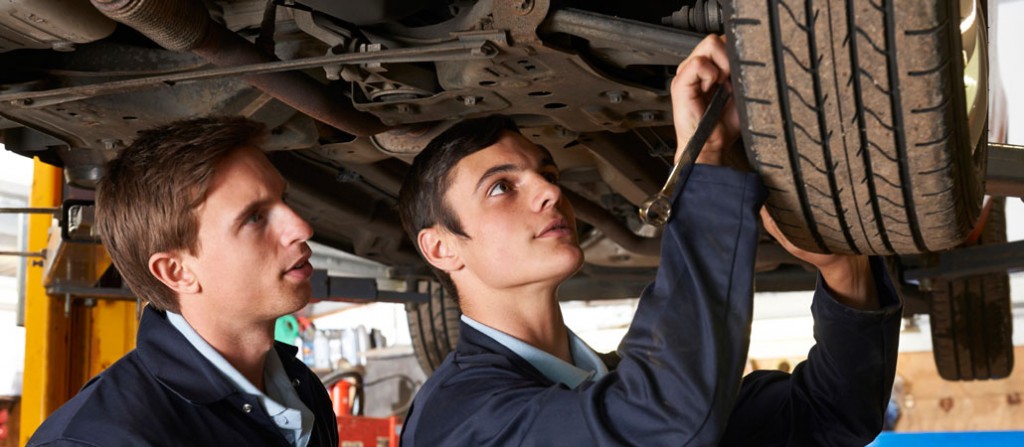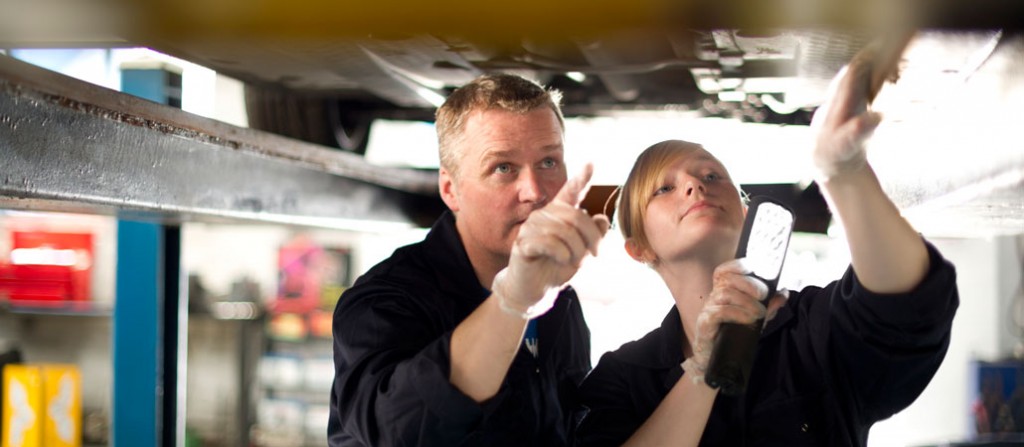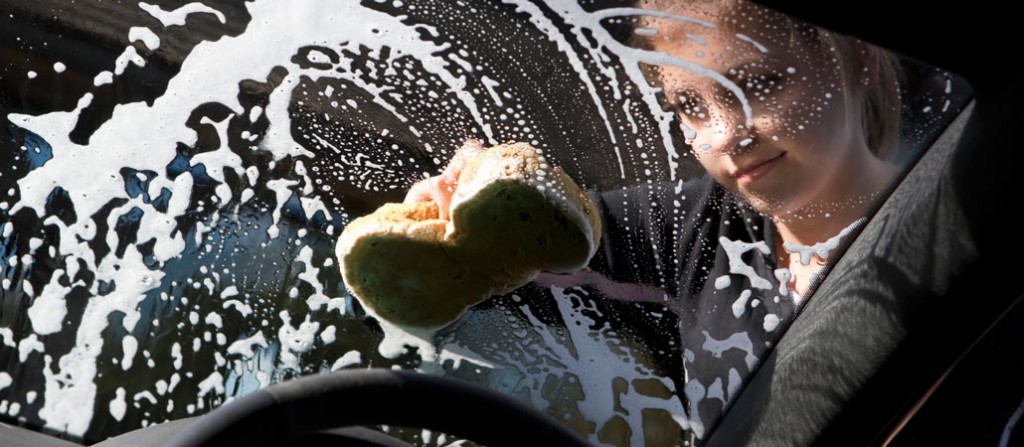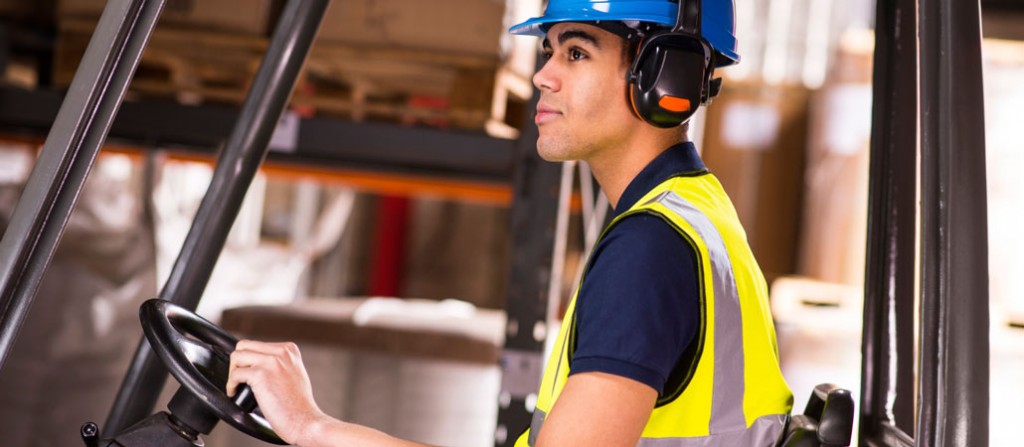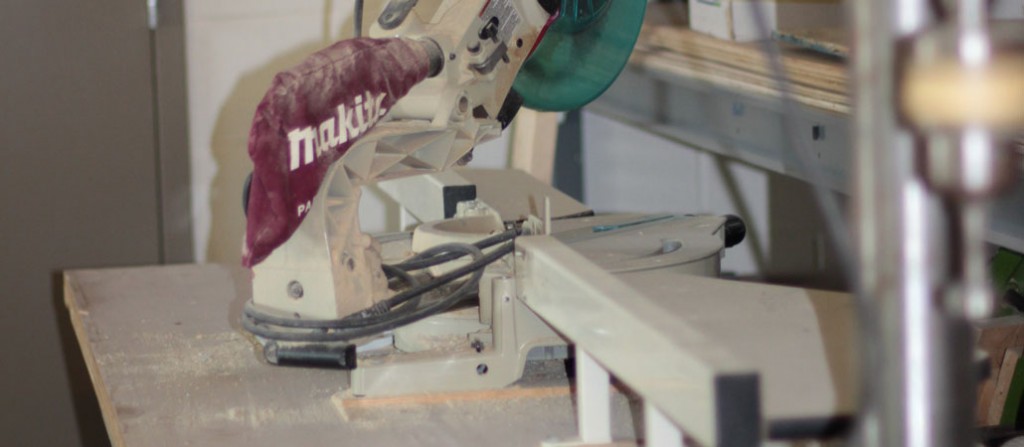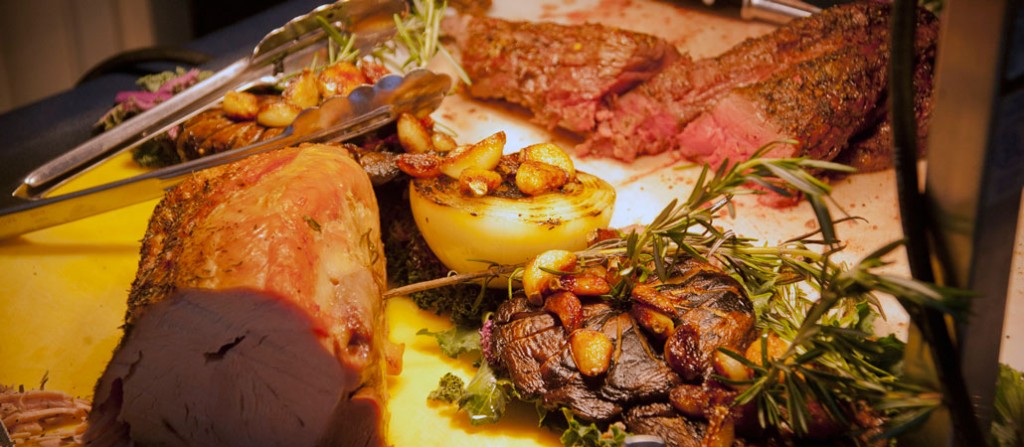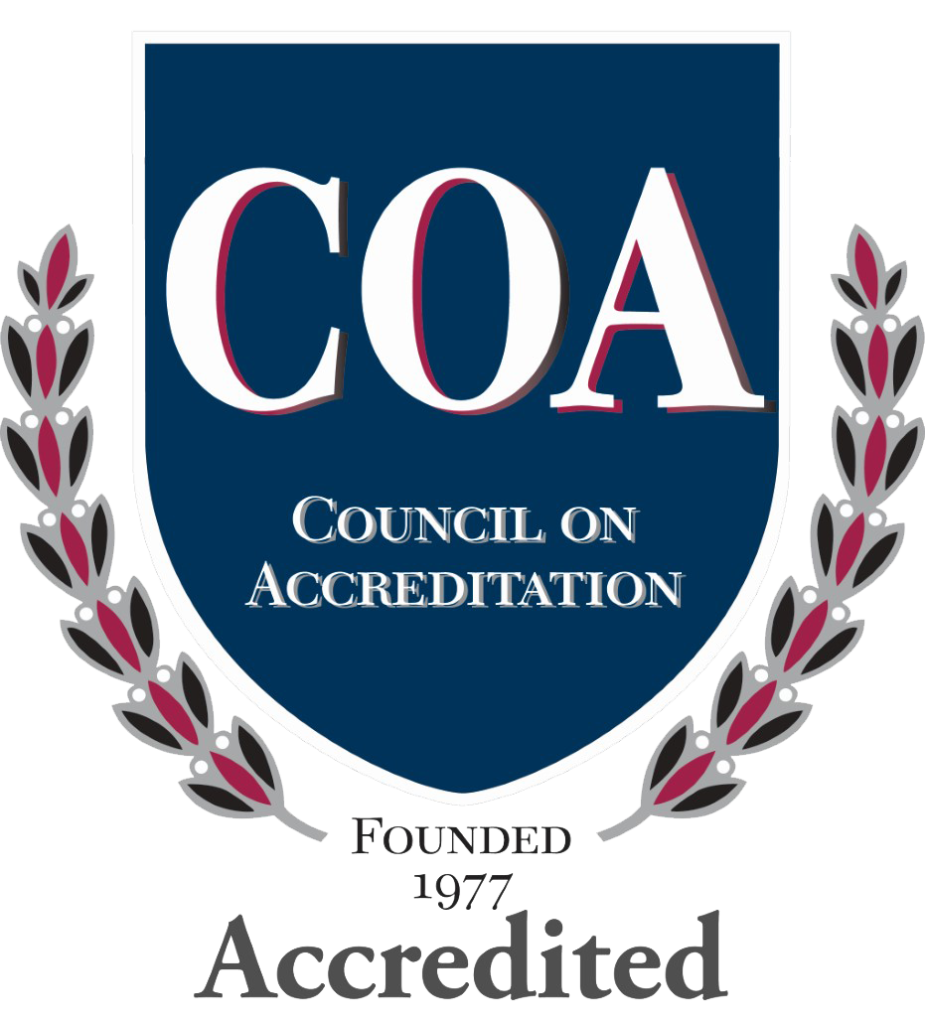Residential Program
The William George Agency addresses the needs of at-risk youth and young adults through a holistic array of clinical, medical, educational, vocational and recreational services within a highly structured, safe and caring environment. Our treatment team partners with the youth, their family as well as the referral source to create an individualized, multidisciplinary treatment plan with the goal of family reunification where appropriate.
This program serves 16 boys between the ages of 16 and 17 who present with significant mental health needs and with severe behavioral and emotional dysregulation. Youth in this program have committed non-violent felonies that New York State’s Raise the Age legislation allows for referral to family court.
This program provides services for 70 boys who present with significant mental health needs and with severe behavioral and emotional dysregulation. Children in this program have either failed or not been deemed appropriate for either community based services or regular institutional care and require a highly structured, closely supervised, therapeutic living environment. The long term goal of treatment is fostering personal responsibility through the development of increased self-awareness, healthy relationships, conflict resolution and more effective coping skills.
This program provides services for 18 girls who present with a history of trauma and a mental health disorder including diagnosis related to a disturbance of conduct. Children in this program typically have a history of being unable to progress in community based services or regular institutional programming and require a higher level of care. The long term goal of treatment is fostering personal responsibility through the development of increased self-awareness, healthy relationships, conflict resolution and more effective coping skills.
This program provides services for 20 boys who have been adjudicated a juvenile delinquent for sex offenses or who have a history of perpetration and acknowledge their need for treatment. Children in this program are typically in need of medium to long term placement. An emphasis in treatment is addressing social competency, an area in which youthful sex abusers typically present serious deficits, as well as psychoeducation, personal accountability, identification and changing of cognitive distortions, and offense patterns, victim empathy development, reducing deviant arousal, processing traumatic events, family treatment, and associated clinical and educational issues.
This program provides services for 22 boys with a full scale IQ between 55 and 70 who are experiencing severe emotional, behavioral, social and/or family problems that require placement outside of their homes. Children in this program are typically in need of medium to long term placement. Particular emphasis is placed on skill building with a long term goal of achieving a level of social, vocational and educational competency which allows for a higher degree of independent functioning.
This program provides services for 9 boys and 9 girls who have a primary diagnosis of substance use disorder and a co-occurring mental health disorder. Children in this program are typically court mandated or have a willingness to engage in treatment. This program integrates intensive substance use disorder treatment with residential care to offer residents a safe, stable and predictable living environment which will support and encourage their investment in treatment.
This program provides services for 11 boys with a full scale IQ between 60 and 75 who are experiencing severe emotional, behavioral, social and/or family problems that require placement outside of their homes. Children in this program are typically in need of medium to long term placement. Particular emphasis is placed on skill building with a long term goal of achieving a level of social, vocational and educational competency which allows for a higher degree of independent functioning.
This program provides services for 18 boys who reside in our Hard to Place program but no longer require an HTP level of care but whose social skill deficits and emotional dysregulation impede their ability to successfully negotiate the more normalized peer environment. Residents will learn and practice independent living skills with a dedicated ILS Specialist and work closely with the Family Services Coordinator to create and work towards their permanency goal in the most appropriate time frame.
Community Based
This program provides services for 6 girls and 8 boys from Tompkins County who present with behavioral and/or mental health needs as well as emotional dysregulation. The primary goal is to prevent residential placement while preserving the family unit through intensive family therapy, assistance with homework and remedial school work, and on-call crisis support. Clients in this program are often enrolled in the Day School Program at the George Junior Republic UFSD located on our campus.
Clinical
Our on-campus Outpatient Substance Use Disorder Program housed in VanClef Cottage serves adolescents who are diagnosed with alcohol and/or substance use disorder, or who have demonstrated impairment as a result of alcohol and/or substance use by a family member or significant other. The program is licensed by the New York State Office of Addiction Supports and Services (OASAS) and provides individual, group and family counseling.
Medical services are provided through the Agency’s nurses, consulting licensed physicians, and local hospital and health care centers. Psychiatric and psychological evaluations are conducted as needed. Our consulting psychiatrists are fully involved in the treatment planning process and are responsible for prescribing and overseeing the provision of psychotropic medicine. Our consulting psychologist is also fully integrated into the treatment planning process and provides individual and group clinical supervision.
Medicaid Managed Care Liaisons
- Faye Strauf, 607.844.6440, strauff@gjrmail.com
- Madeline Gould, 607.844.6372, gouldm@gjrmail.com
- Renee Cobb, 607.844.6574, cobbr@gjrmail.com
Wellness & Growth
Paws First
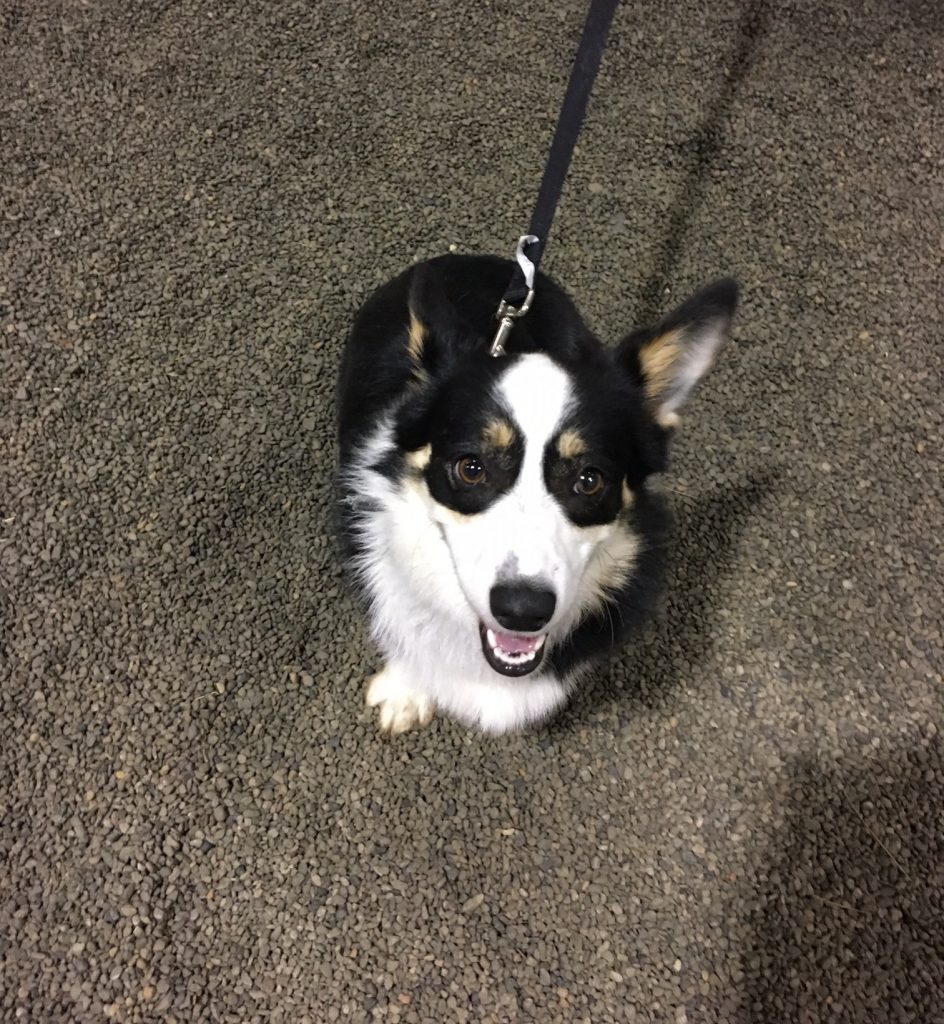
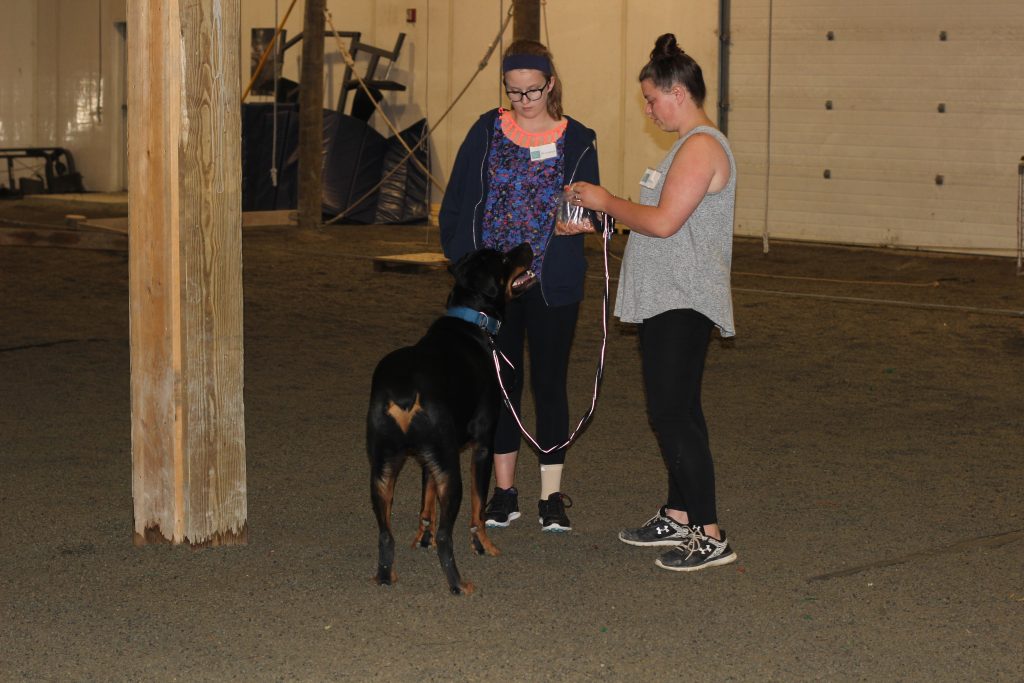
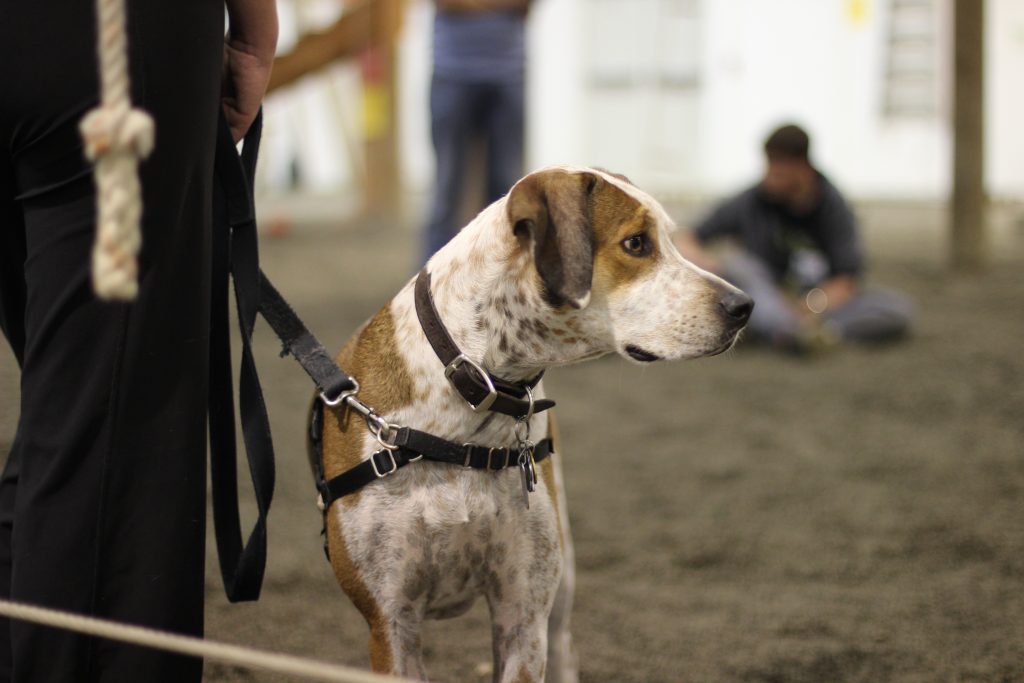
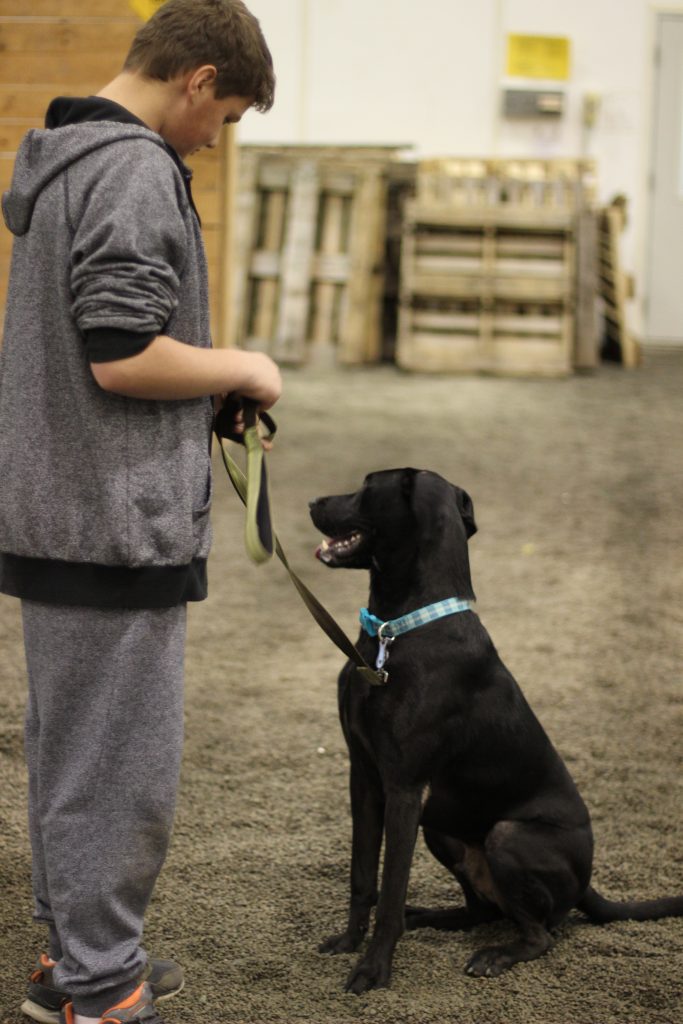
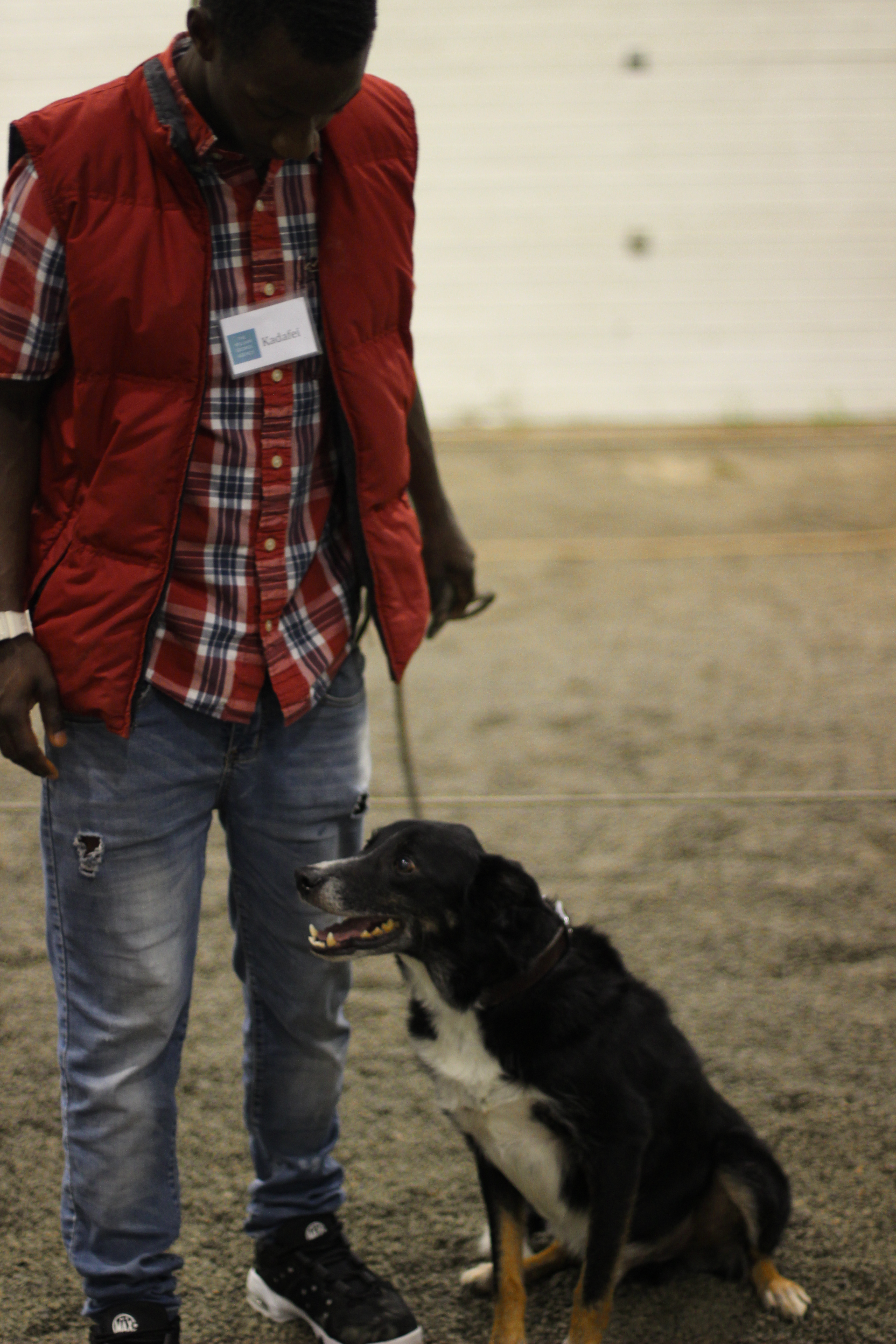
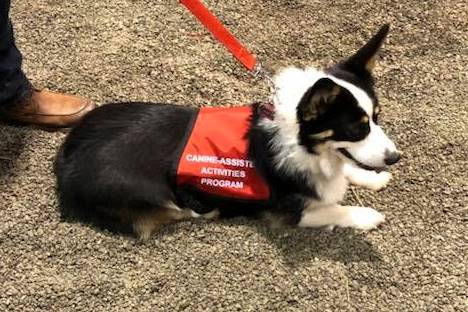
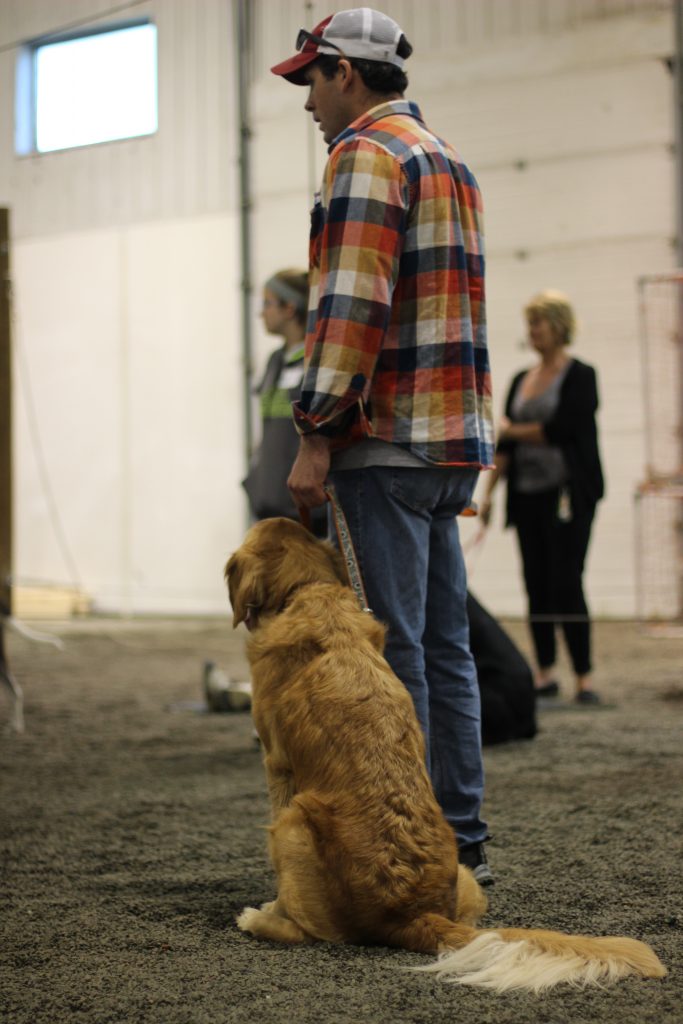
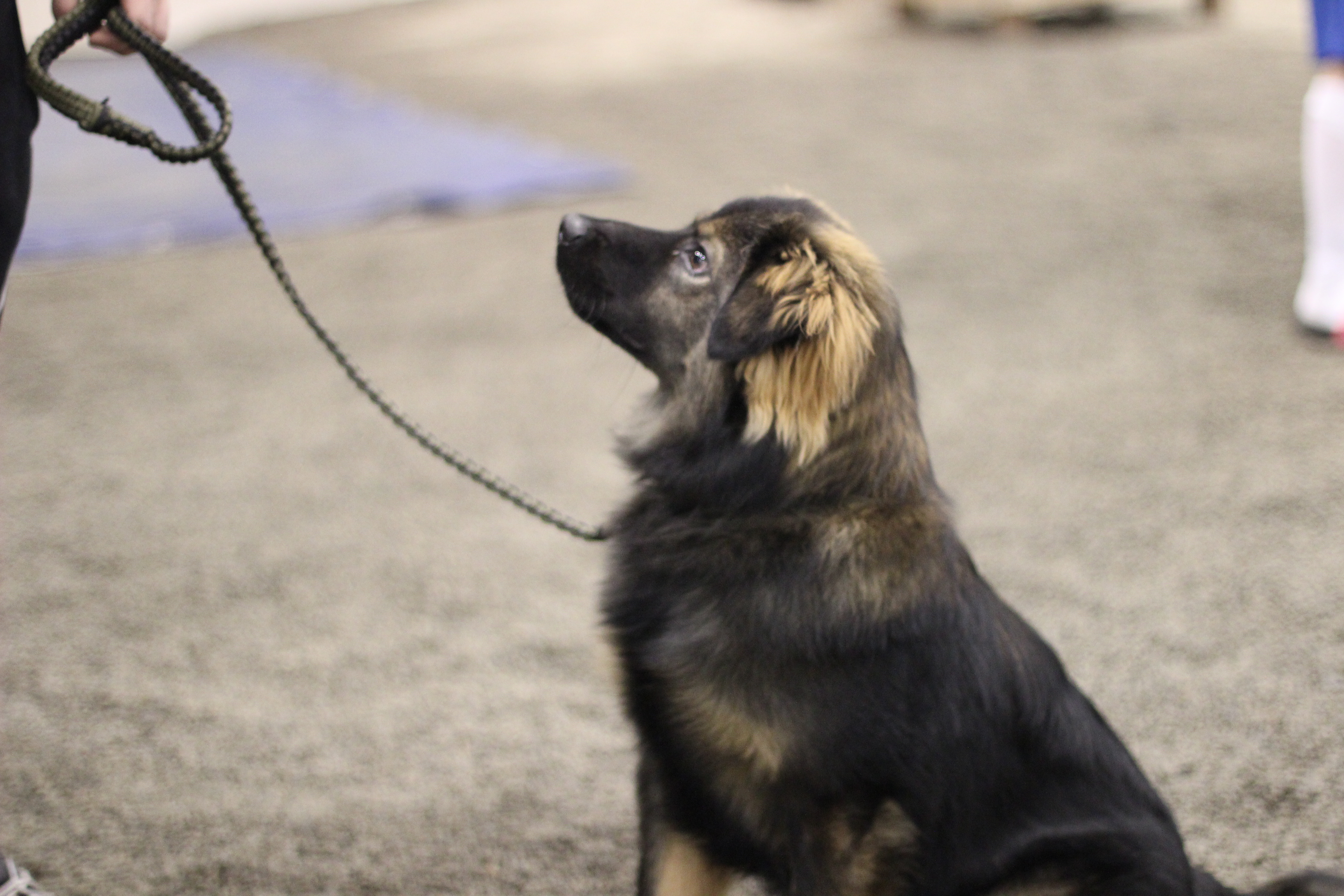

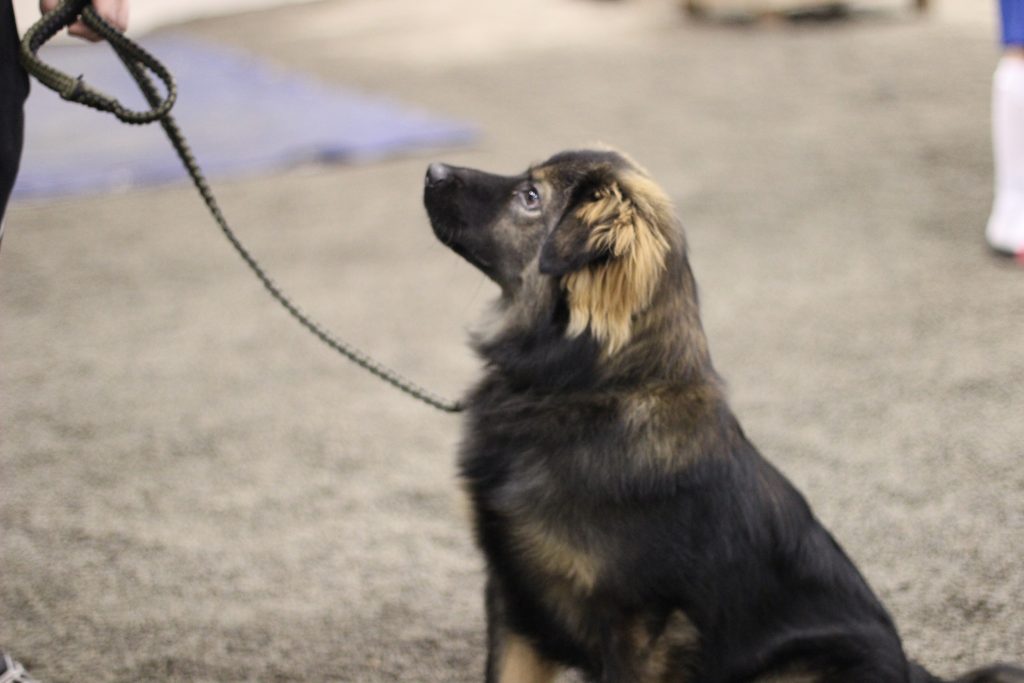
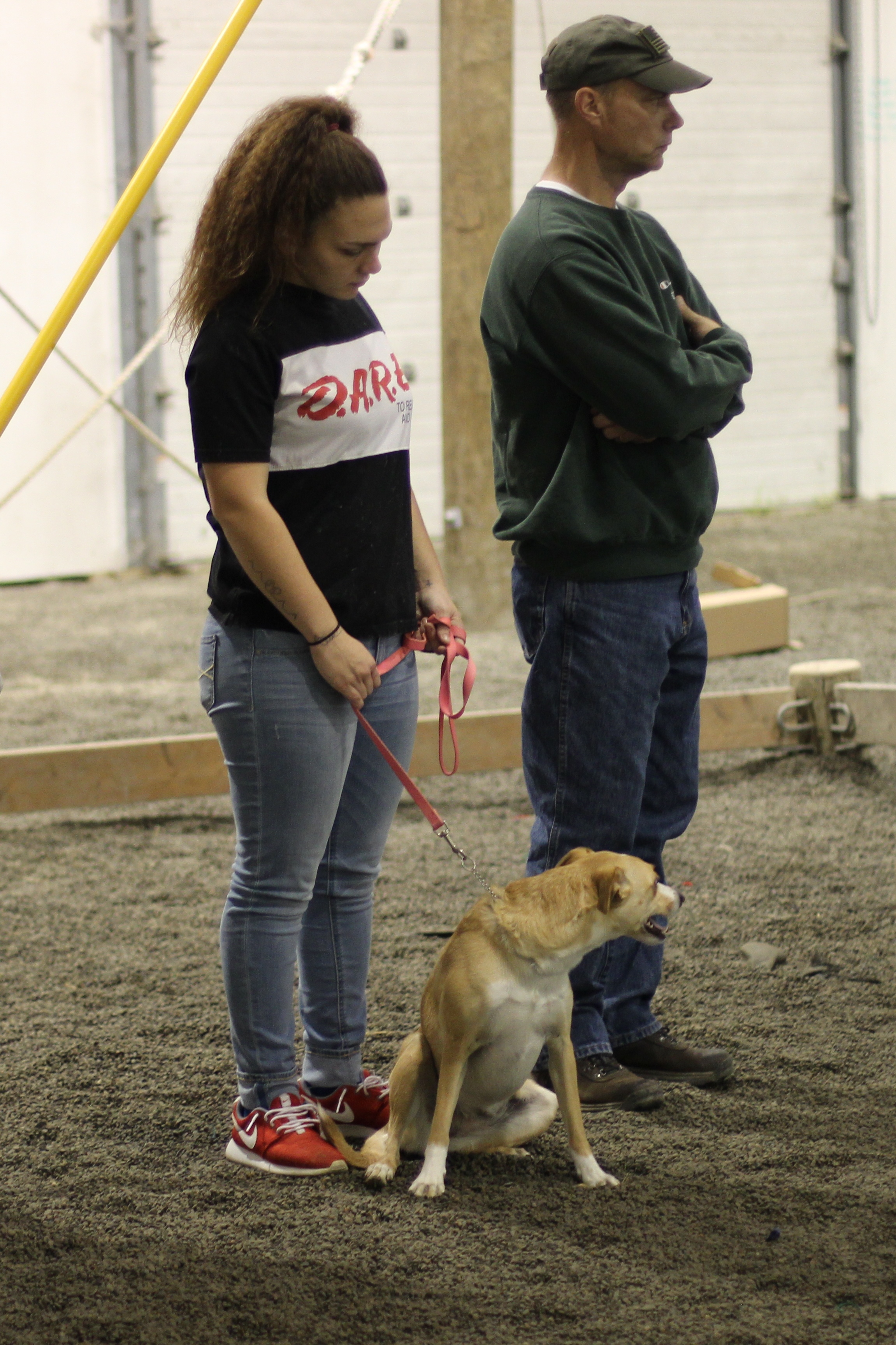
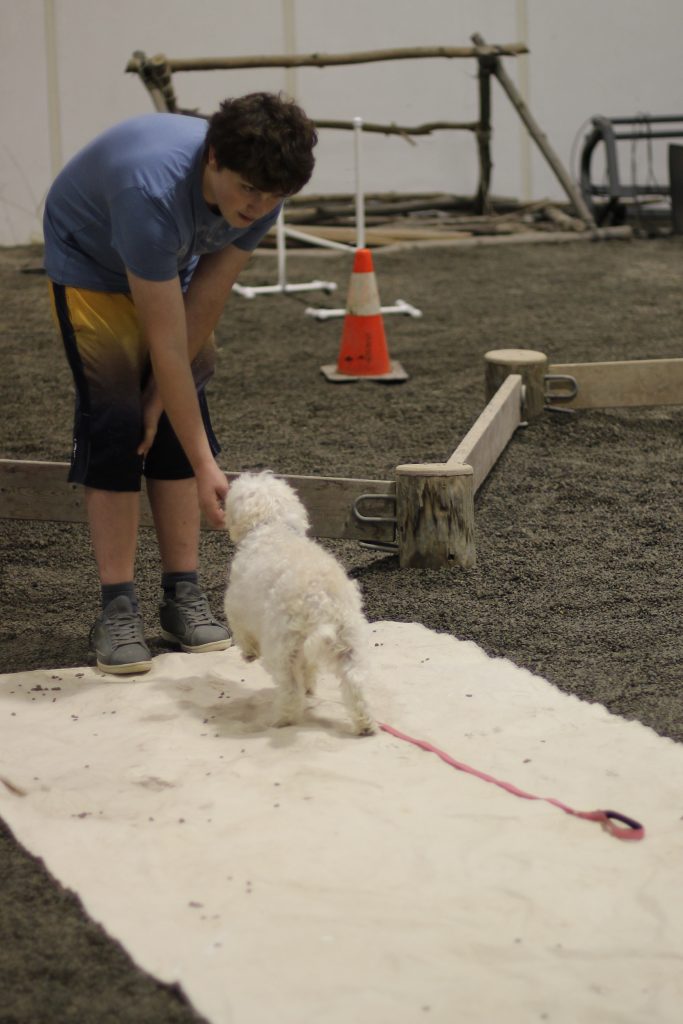
For many youth, the interaction with a friendly, well-mannered dog can enhance the therapeutic process of their treatment by reducing anxiety, lifting their spirits, decreasing feelings of isolation, encouraging communication and providing comfort. The canine portion of the program is is a vehicle for employees and their pet dogs, with the assistance of a resident handler, to complete the American Kennel Club’s Canine Good Citizen and Trick Dog training curriculum. The program is centered on positive reinforcement based dog training to increase youth’s confidence and independence, sense of purpose, self-esteem and safety awareness. Youth will additionally receive general knowledge of how to properly care for an animal. Once a dog successfully completes the CGC exam, they are able to “work” on campus with their owner.
The William George Agency provides eligible students with age-appropriate job training, life skills, counseling, work readiness skills, and meaningful work experience through Job Readiness Training, Independent Living Skills, and our Vocational Program. The WGA has expanded our vocational opportunities to include short-term certifications in various trades. Below are some of the current vocational training opportunities offered through WGA.
Agriculture & Farming
This area focuses on hands-on training in various aspects of agriculture and farming. Students learn about crop production, animal husbandry, soil management, agricultural machinery, and farm business management. Students will also learn about sustainable farming practices, agricultural technology, and agricultural economics. The program aims to prepare students for careers in the farming industry or further education in a related field.
Apparel and Merchandise Print Shop
Students will learn how to properly and safely use and maintain printers, heat presses, and other machines used to create products. They will use software programs on computers and tablets to learn how to design apparel and merchandise. Agency youth who participate will learn and develop workplace skills, including business fundamentals, how to deliver excellent sales and customer service, and marketing basics.
Automotive
It is the responsibility of the automotive crew to maintain the Agency’s motor fleet. Students gain hands-on experience utilizing the Agency’s 80 fleet vans, cars, and trucks. This program focuses on all standard vehicle preventative maintenance and repairs including, but not limited to; brakes, tires, wipers, detailing, electrical, suspension, OBD2 Emissions diagnostics, air conditioning, fluid services, and tune-ups.
Automotive Detailing
This course will offer a valuable experience for students interested in cars, detailing, or pursuing a career in the Automotive industry. Students will learn by hands-on experience, learning about detailing tools and products, understanding the auto-detailing process, and developing attention to detail. This course will provide students with a rewarding experience who have a passion for vehicles and detailing.
Auto Body
Vocational students will gain a multitude of hands-on experience with auto body repair and service. This course is designed to teach the fundamentals of basic auto body repair. Students will be working on agency vehicles throughout the class.
Carpentry
This vocational position will include instruction on building materials, safe operation of power tools, and hand tools used in construction. Students will learn safe work practices while working with an instructor to gain hands-on experience in the field. Students will be helping make interior and exterior repairs and new installations of windows, siding, doors, and much more.
Computer Support
There are over 250 computers on campus that are built, serviced, and maintained/supported by the computer support department. The students will receive experience in the day-to-day operation of a computer department. Computer repair, troubleshooting, new equipment rollouts, software installations and upgrades, and network infrastructure are the types of activities that students will learn about.
Custodial (Recreation Building)
The recreational custodians clean and maintain the recreation building and equipment. Training consists of modern techniques used in cleaning and maintaining large buildings with the use of equipment and cleaning products for promoting a clean and healthy environment that exists at the field house.
Custodial (School Building)
The custodians clean and maintain the school building and equipment. They promote the clean and healthy condition that exists at the school. Training consists of modern techniques used in cleaning and maintaining large buildings with the use of equipment and cleaning products.
Electrical
This position consists of helping ensure the electrical maintenance of all the buildings on campus. Cleaning and inspecting all of the building’s smoke heads and heat heads, changing light bulbs, and checking the batteries in the fire detection systems, as well as in the emergency lights, are just a few of the responsibilities for this job. The workers in this program also check fire panel boxes, fire extinguishers, and exit lights to make sure everything is working properly. Students will learn basic electrical skills and the safety involved.
Equine Management
Students gain the practical skills needed to manage an equine facility through participation in the day-to-day operations of our stable and the care and handling of the horses. Students will learn various skills, including horse health and care, proper use and care of tack and equipment, equitation, training, and other skills used in maintaining the herd.
Ewald Dining Services (Culinary Arts)
Classroom instruction and hands-on experience in all aspects of institutional food preparation and dining room service experience. Students also participate in catering activities held on campus. This includes graduations, agency gatherings, and many bigger events held on campus.
Heavy Equipment
The duties of the heavy equipment crew are wide and varied. They maintain and repair the roads in the summer and keep them plowed in the winter. They also do pipeline construction, provide heavy equipment support for other work areas, and maintain and repair all of their equipment. Training consists of safety training and the operation and repair of large bulldozers, backhoes, and dump trucks.
Heating, Ventilation, and Air Conditioning (HVAC)
This position has the responsibility of maintaining and running the heating and cooling systems in campus buildings. Students learn the basic principles, installation techniques, and maintenance of thermal comfort (heat) refrigeration (air conditioning), and ventilation units.
Grounds Maintenance/Landscaping
This crew is in charge of maintaining more than 250 acres of lawn on campus. These students learn the safe and proper use, maintenance, and repair of mowing equipment, as well as the care and upkeep of the lawns and gardens. Students will also have the privilege of taking a training course on operating a Zero Turn Mower, a small tractor, and a standard riding mower. In the winter, this crew is responsible for keeping our many walkways open and safe. This also involves the planning, planting, and care of landscapes and the propagation of the plants used to create them. These employees help to make our outdoor setting beautiful.
Painting
Students in this program will learn about interior and exterior painting. Students will learn how to use rollers, brushes, and, eventually, mechanical spray machines. Students will learn the proper maintenance required to clean and maintain equipment. Students will also learn how to enhance the appearance of buildings and make cottage living areas more attractive. They will learn about mechanical and chemical surface preparation as well as about paints and their proper applications.
Plumbing
Students in the plumbing assist with the installation and maintenance of various mechanical and plumbing devices. Students will learn about installing and servicing new and old plumbing installations on campus, as well as pipefitting.
Upholstery
Most of our draperies are made, and our furniture is repaired and refinished in the Upholstery Shop. This crew learns to work with various materials, from fabrics to wood. Students learn to use both conventional and industrial sewing machines, numerous hand tools, and a myriad of power tools in this work.
Warehouse/Stockroom
Students assist the warehouse staff with cleaning and organizing the agency’s stock room. Students will also learn customer service skills and proper operating of equipment and inventory. They will also learn ordering, labeling, and stockpiling merchandise needed to make cottages and buildings on campus run properly. Students will learn how to organize and itemize merchandise for pick up and distribution. Students will also maintain a clean and safe environment meeting all safety rules and regulations.
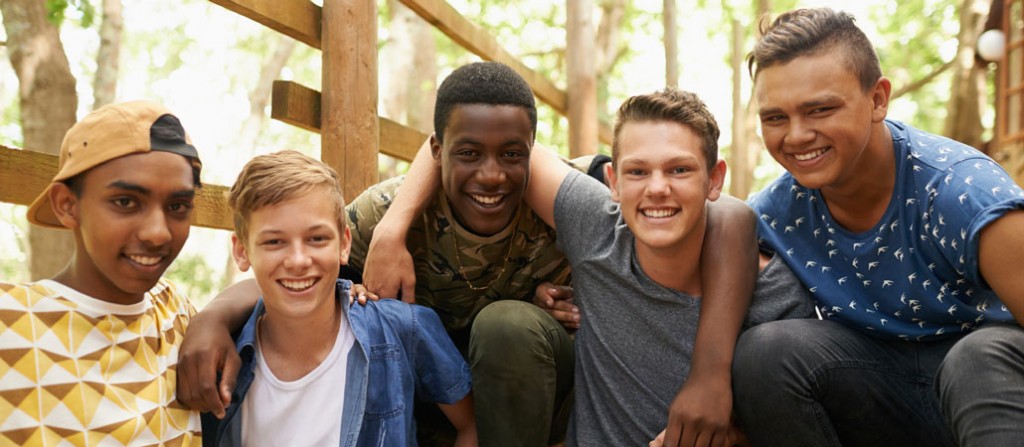
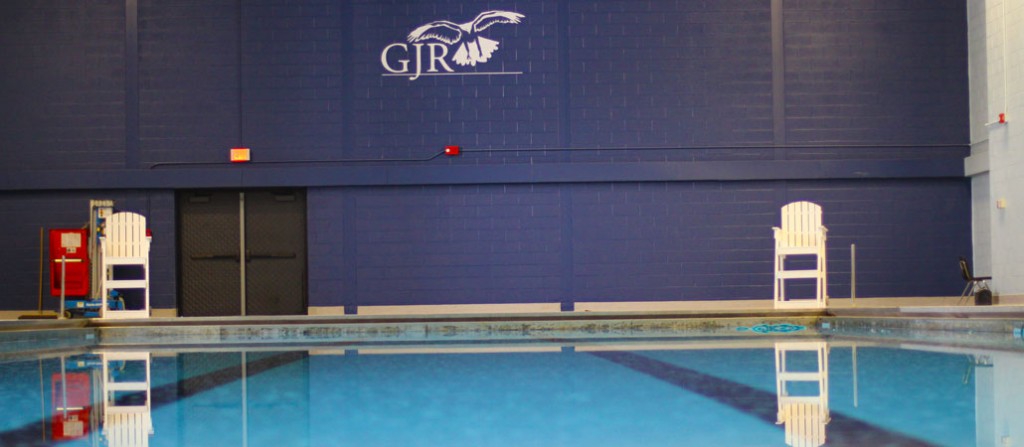
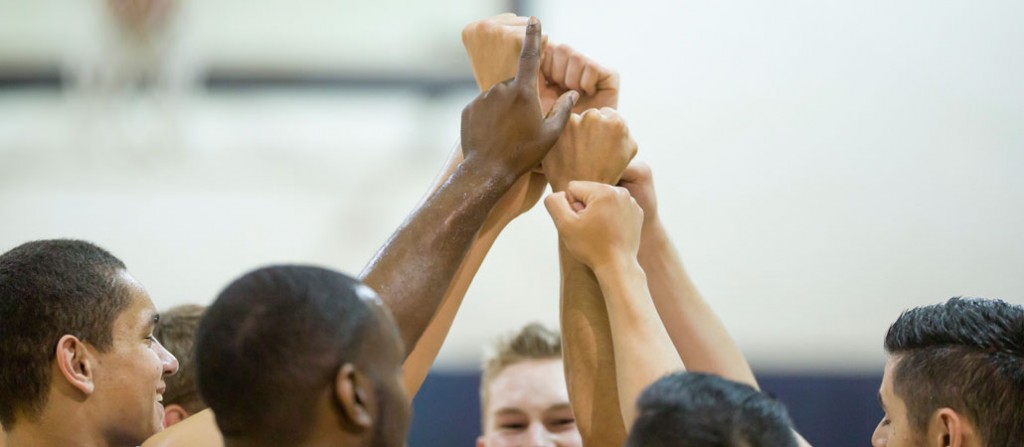
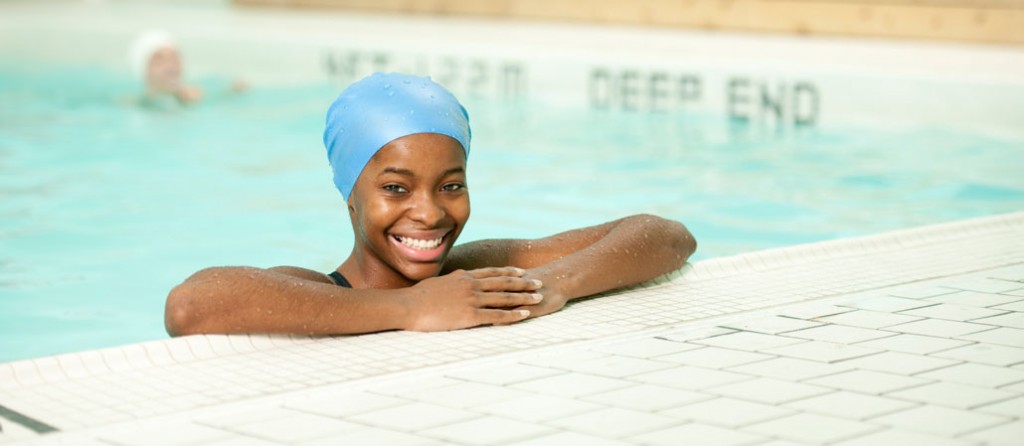
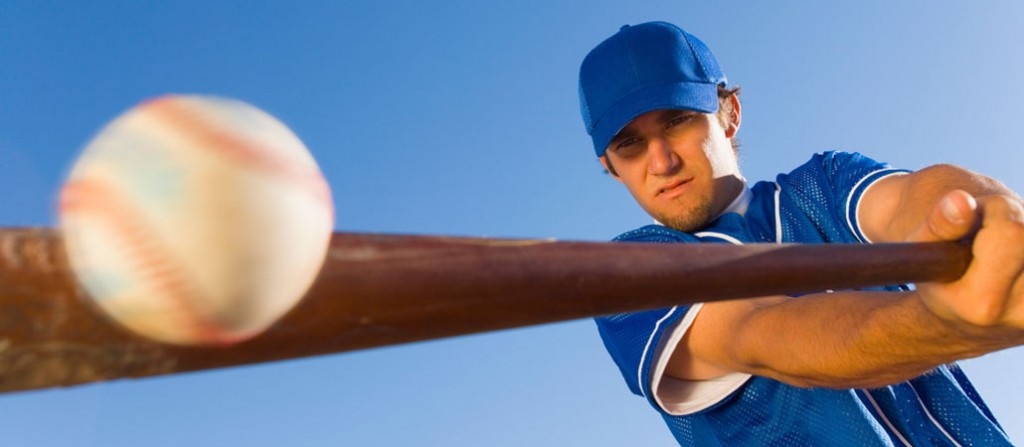
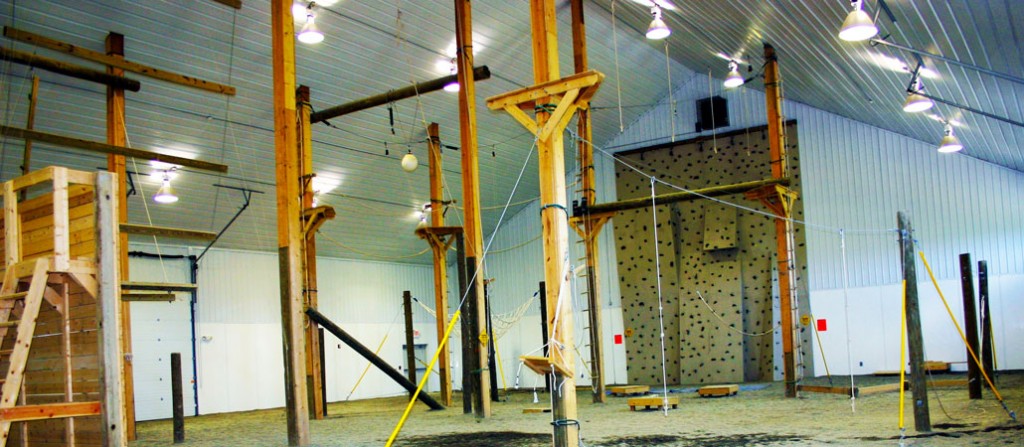
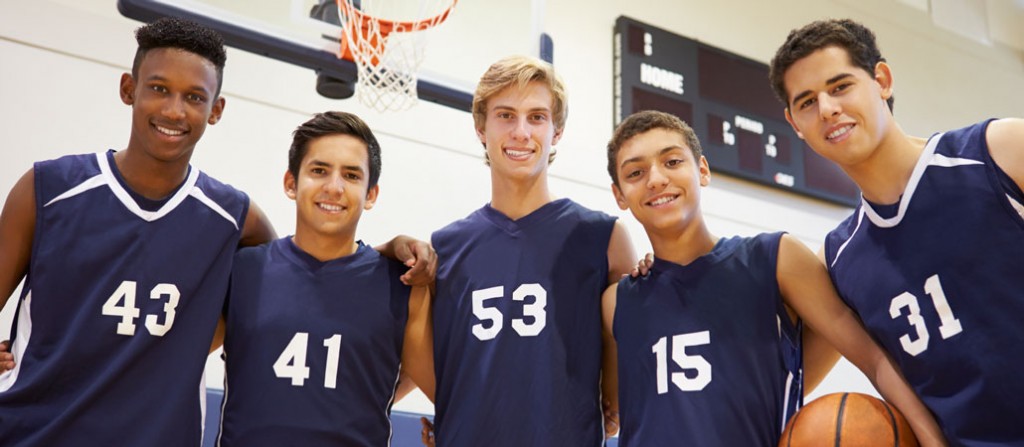
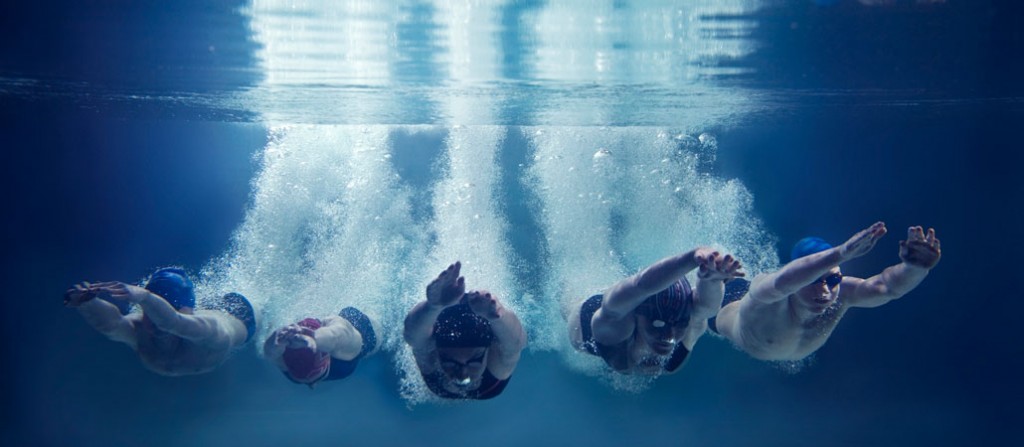
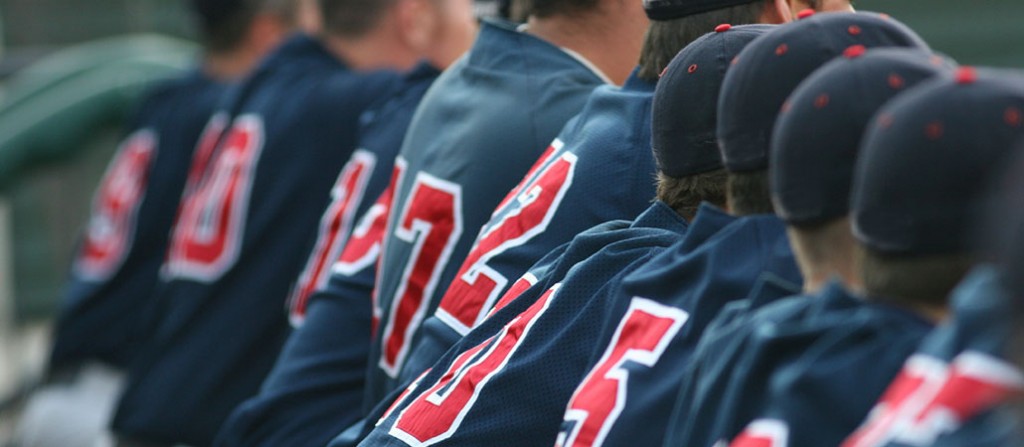
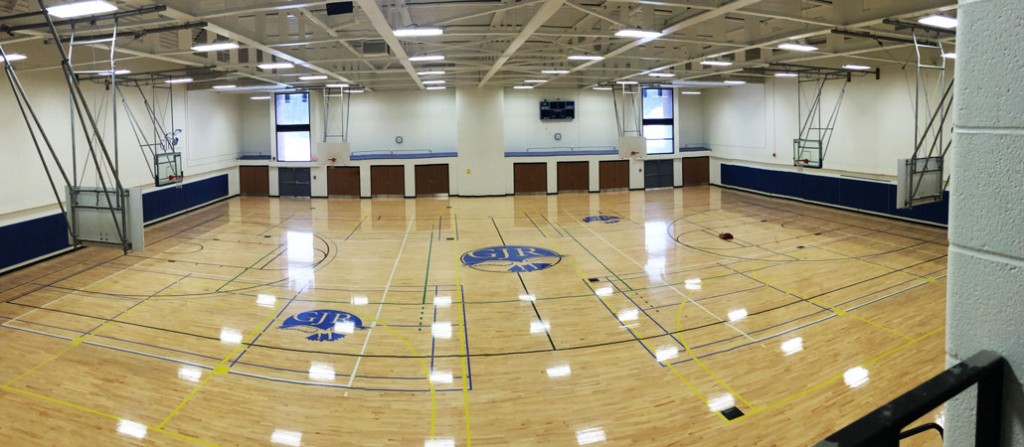
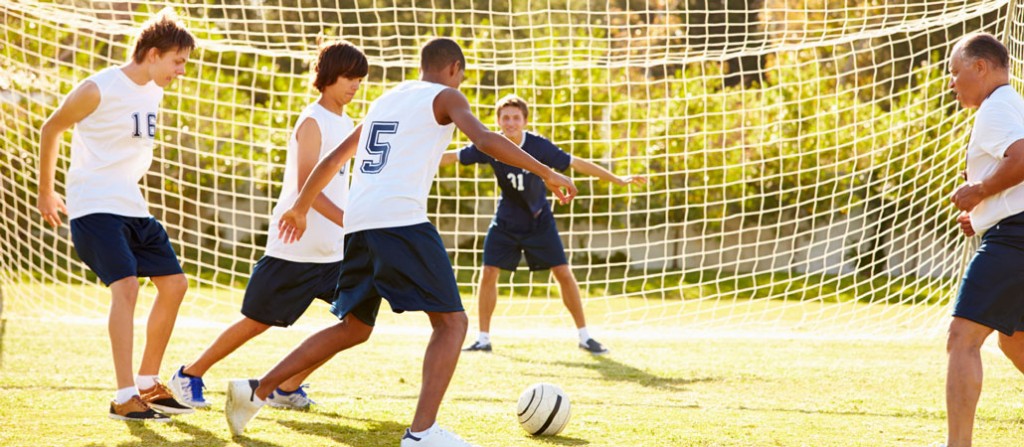
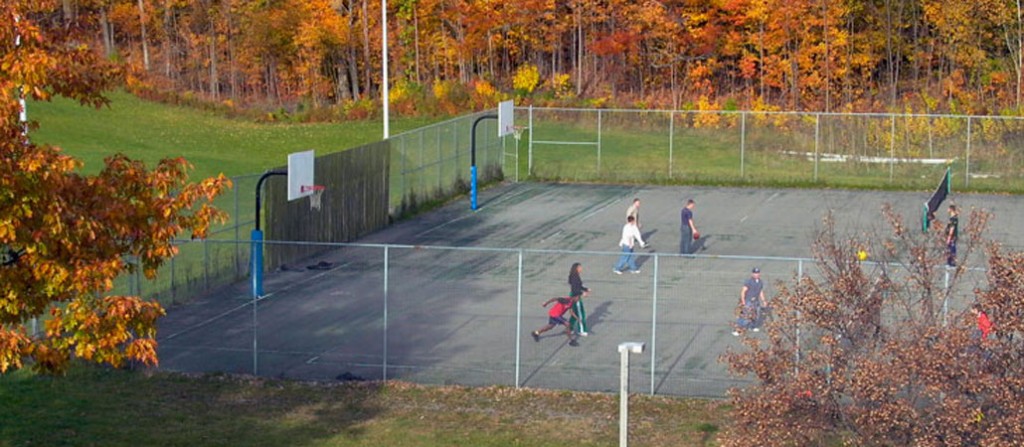

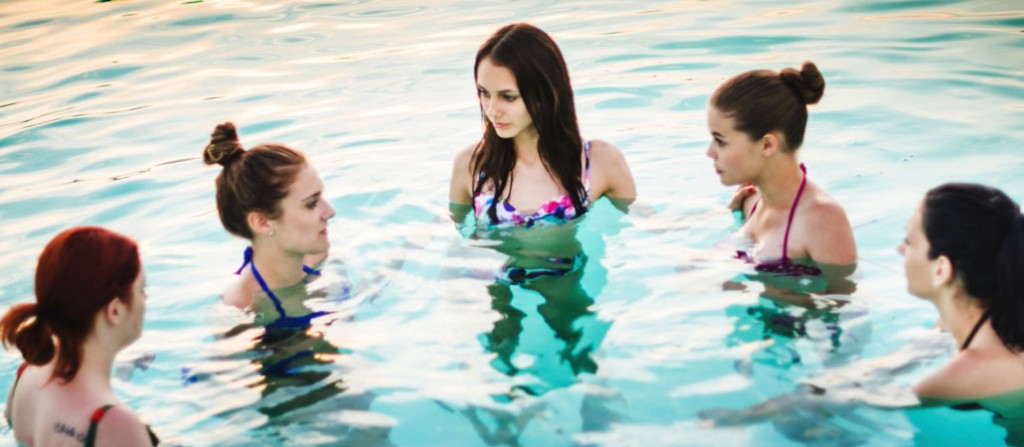
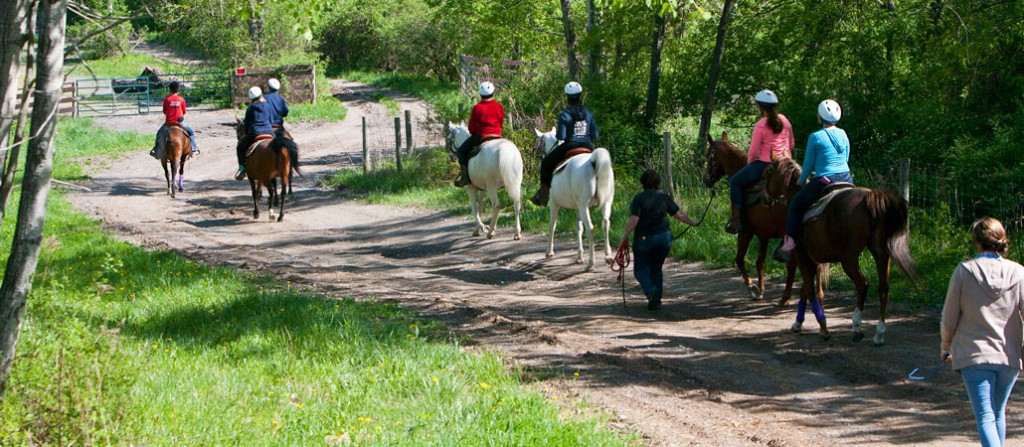
A multifaceted recreational program is available to all residents, with daily structured and unstructured activities in a variety of venues. Structured and unstructured recreation takes place in the newly renovated Boscowitz Field House. Adventure Based Counseling is offered at the James F. Purcell Project Adventure Building, an indoor ropes course facility.
- Scholastic team sports
- Soccer, baseball, basketball
- Adventure based counseling
- Structured recreation
- Horseback riding
- Swimming

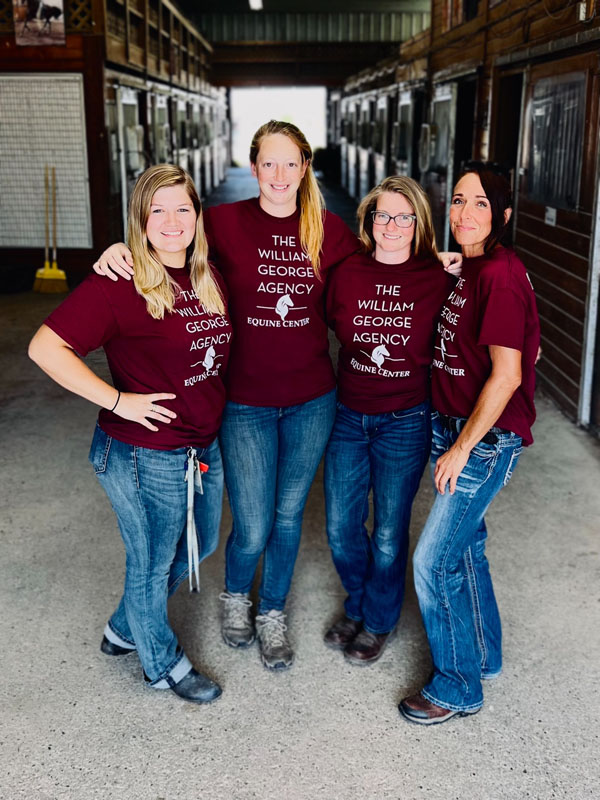
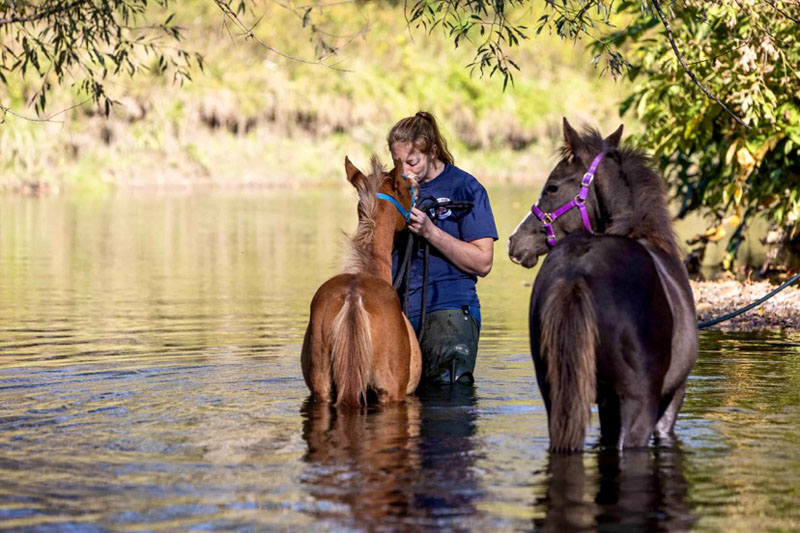
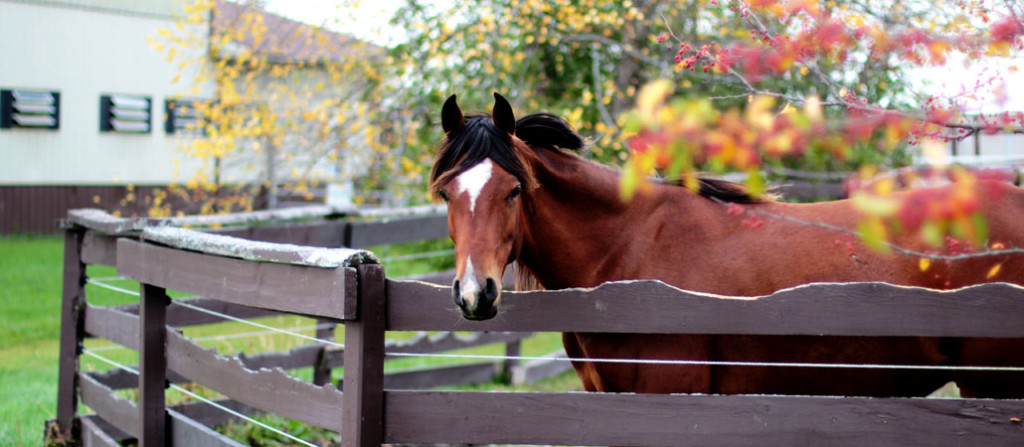
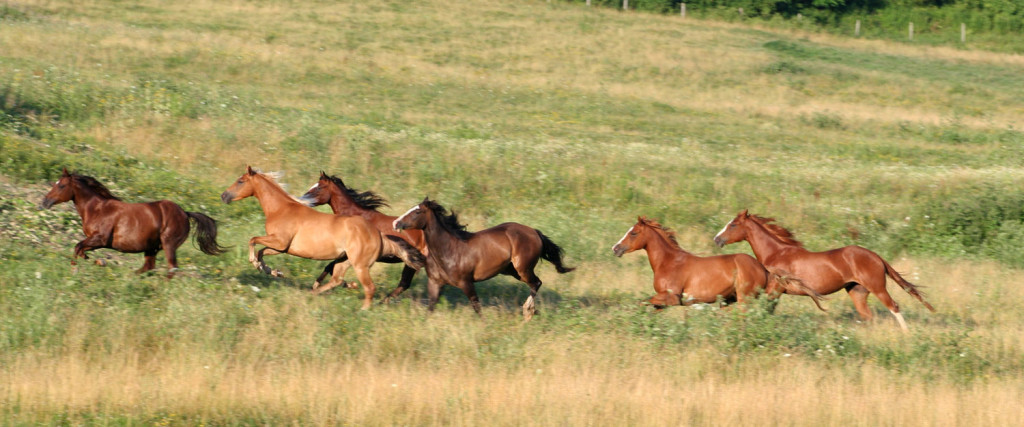
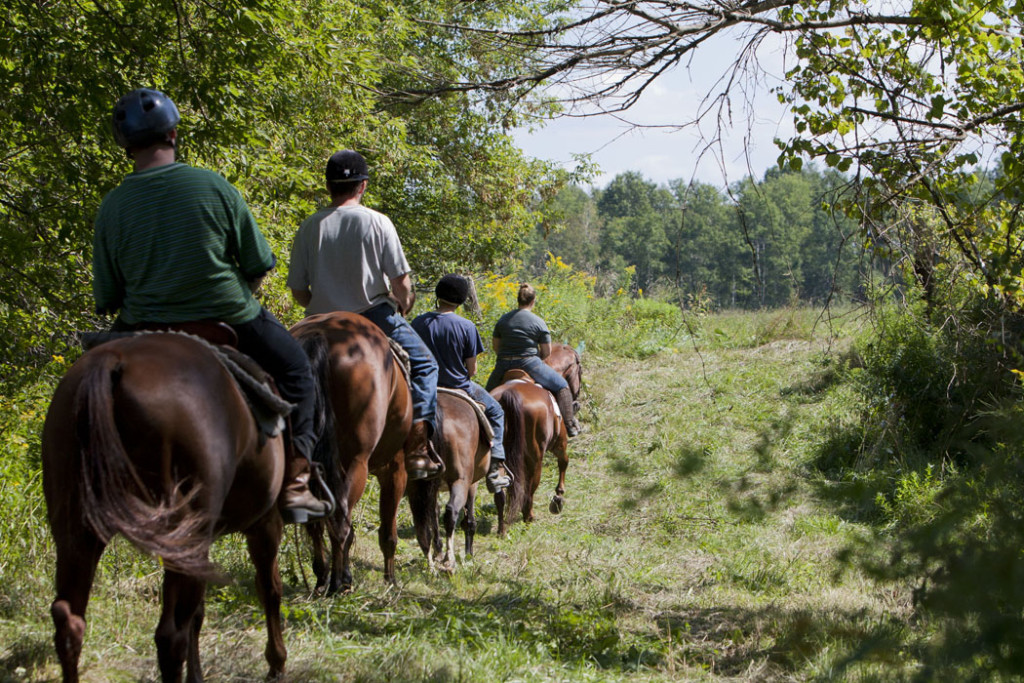
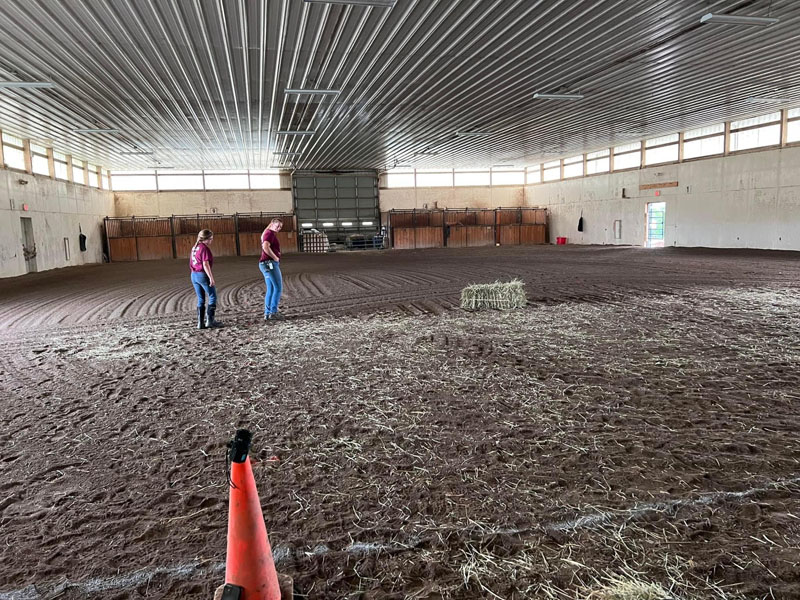
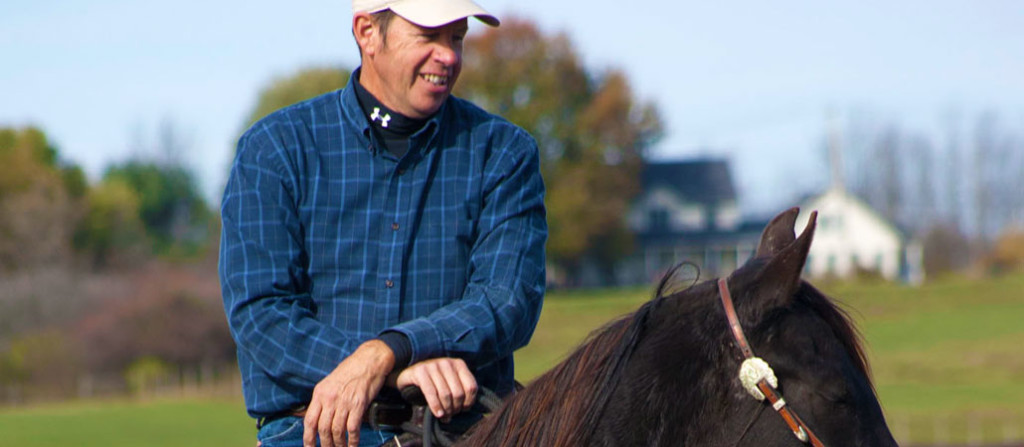
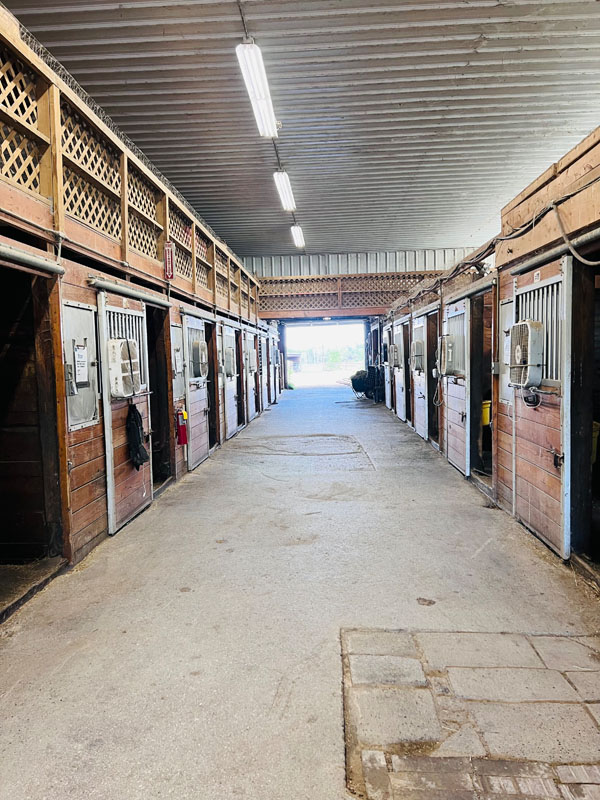
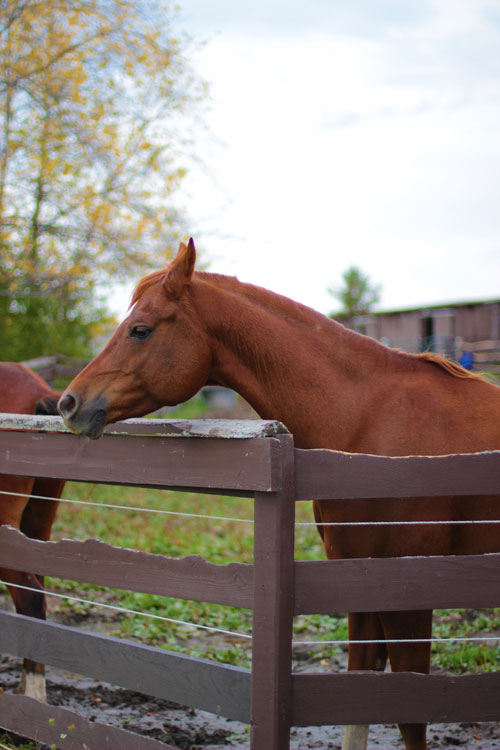
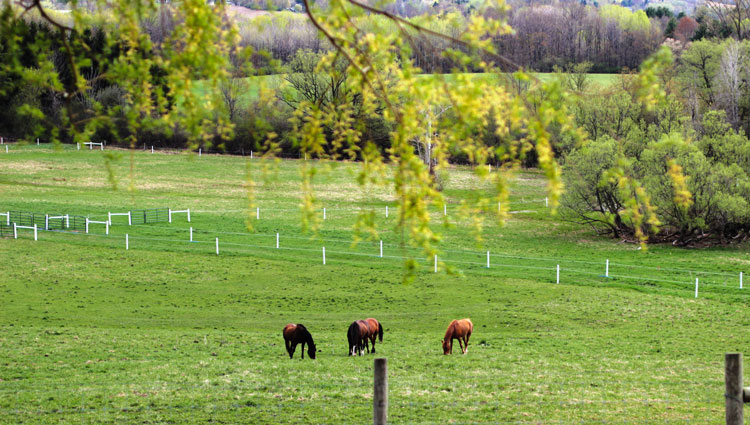
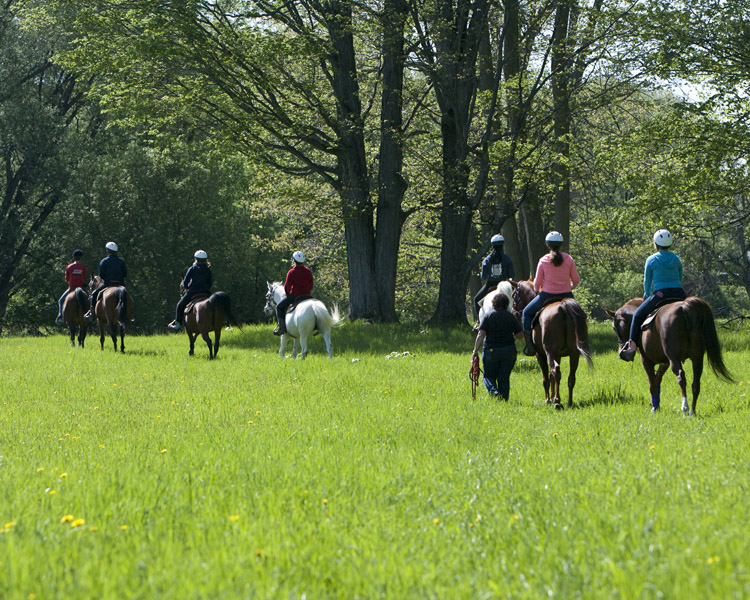
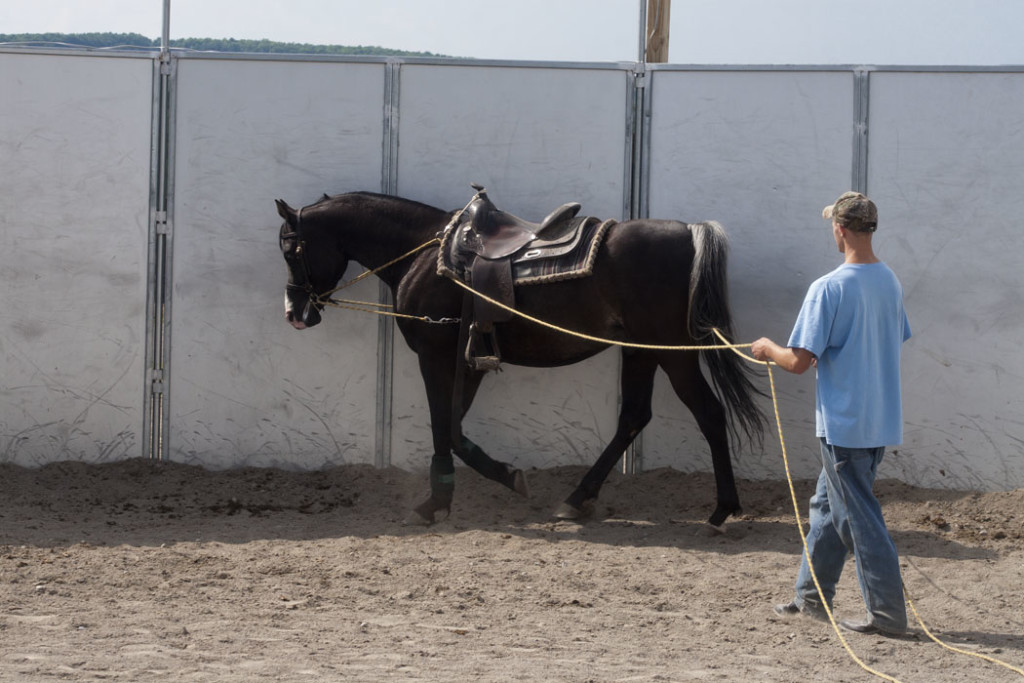
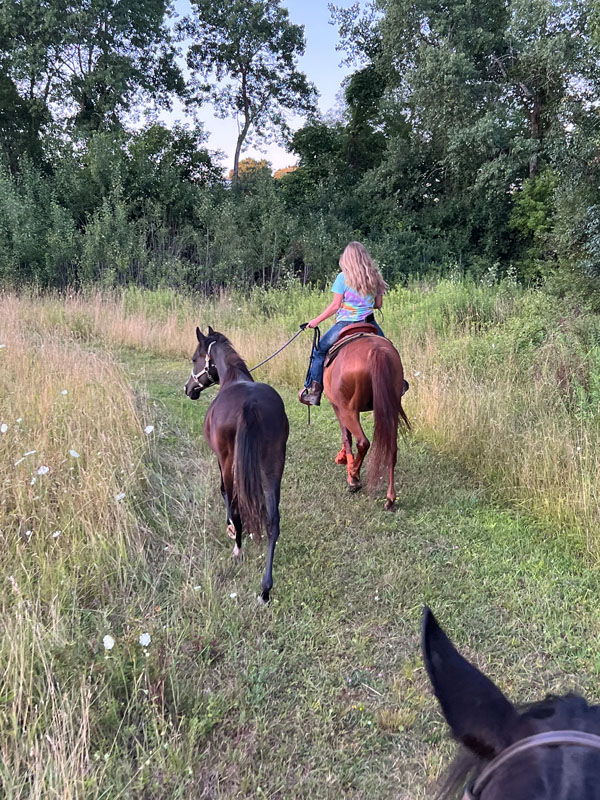


Here at WGA Equine, we cater to about 20 horses, all varying in different shapes, sizes, colors, ages, and breeds. We pride ourselves on the care for our horses that have long impacted the youth that has crossed through our barn doors. We strive to make our barn environment unique but remain a safe, friendly, and healing space for our residents. WGA Equine is operated by four amazing staff and the Equine Director, all with previous years of experience related to the equine industry in varying disciplines. With such a wide range of talent in our department it allows our residents to learn an abundance of different riding disciplines, horse care management, grooming techniques, and more from our instructors.
Professional Association of Therapeutic Horsemanship International (PATH Intl.)
In May of 2024, our Equine Program became a Premier Accredited Center of the Professional Association of Therapeutic Horsemanship International (PATH Intl.) after meeting extensive industry guidelines established by Path Intl. These guidelines relate to the equine facility and programming, as well as administration and staff credentialing.
Vocational
Our vocational programs allow our residents to step into the horse world to learn all things to do with the Equine Industry. There are many job opportunities that can be found within the Equine Industry, all of which we here at WGA Equine either have the residents learn by actually participating in the act themselves or provide them opportunities to witness the jobs that the industry has to offer. We allow our vocational residents to be very hands-on with all the equines we have on campus, right down to the newborn foals, right up to our very experienced oldies. The residents also get the chance to work hand in hand with some of the leading industry jobs, such as our veterinarians and farriers. The residents learn the basics of horse barn management, horse care, horse handling, equine training, and more, all while exploring the other options our industry has.
Therapeutic Recreational Riding
Recreational riding is conducted five days a week with four residents and a staff from their cottage to join them in our beautiful indoor. We teach our residents all the safety that goes into learning how to ride horses. As the residents progress we start to teach them more advanced maneuvers and even go into some other riding disciplines. We will even offer to take the residents to either watch or participate in local horse shows. In our recreational riding, we also offer trail riding. There are many trail systems on the grounds some allowing us to ride right through the historical Dryden Rail Trail. Trail riding is done weather permitting and normally in the fall, spring, and a little during the summer months.
Equine-Assisted Therapy Services
EAGALA Model
Founded in 1999, EAGALA stands for the Equine-Assisted Growth and Learning Association. It is the structure and standard for certifying Equine Specialists and Mental Health Professionals to provide Equine-Assisted Therapy and Learning worldwide. There are over 4,500 members in 50 countries. The EAGALA Model of Equine Assisted Psychotherapy and Learning sessions always encompass the following:
- Team Approach: A licensed Mental Health Professional and a certified Equine Specialist, along with a herd of horses, work together with participants in all sessions.
- Solution-Oriented: The EAGALA Model firmly believes that all participants can discover the best solutions for themselves when given the opportunity.
- Focused on the Ground: There is no riding or horsemanship. All activities with the horses are unmounted. Participants are given specific and deliberate activities with the horses on the ground based on the treatment goals. The interaction becomes a metaphorical learning system.
- Code of Ethics: EAGALA has a strict code of ethics that providers are bound by. Its board of ethics upholds and enforces these standards. Each team also upholds ethical standards to the state, ensuring best practices.
Equine-Assisted Psychotherapy
Equine-Assisted Psychotherapy (EAP) is a powerful and effective ground-based therapeutic approach (no riding is involved) that has an incredible impact on individuals and groups. EAP addresses a variety of mental health and human development needs, including substance abuse, behavioral issues, attention deficit disorder, PTSD, anxiety, depression, relationship problems, and communication needs. EAP incorporates horses for emotional growth and learning. It is a collaborative effort between a licensed mental health professional and an equine specialist working with the participants and horses to address treatment goals. EAP is experiential. This means that participants learn about themselves and others by participating in activities with the horses and then processing feelings, behaviors, and patterns.
Equine-Assisted Learning
Equine-Assisted Learning (EAL) is similar to EAP and is a ground-based therapeutic approach (no riding is involved). However, the focus is on learning or educational goals, defined by the individual or group, such as improving social skills with peers or team-building for a leadership team. Some of EAL’s many possible goals are improved non-verbal communication, social skills, creative thinking, assertiveness, responsibilities, relationship building, and problem-solving.
Why Horses?
Those familiar with horses recognize and understand the power of horses to influence people in compelling ways. Horses are social prey animals. They do not have predatory protection (claws, sharp teeth, venom, etc.); they must rely on their keen five senses to protect them from harm. Horses are masters at nonverbal communication, pay close attention to even the subtlest shifts in behavior and intention, and mirror their behavior accordingly. They have distinct personalities and moods, just like people. They can be timid and grumpy or playful and silly. They have a hierarchical structure similar to that of our families or workplaces. Like people, horses form unique relationships, give and accept affection, and set boundaries with one another. This allows people to relate to the horses and build metaphors quickly.
Horses offer truthful and honest feedback at the moment, which allows people to become aware of their conscious and unconscious intentions and energy. The horse’s behavior challenges clients to reflect upon their attitudes, emotions, body language, and boundaries and highlights any incongruences. This nonjudgmental feedback from the horses allows participants to experience themselves differently. Then, the treatment team helps clients understand, access, and validate the information and translate their awareness into action in their everyday lives.
Volunteerism and Community Integration Therapies to Engage the Whole Youth
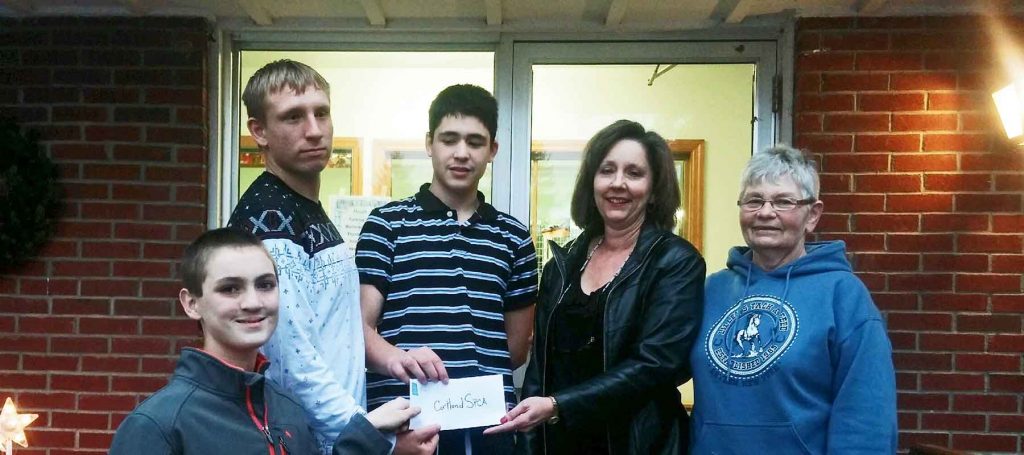
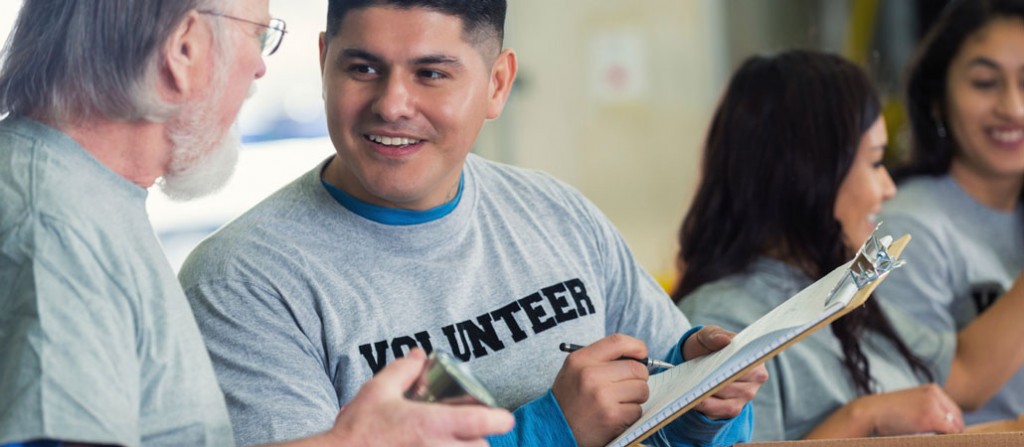
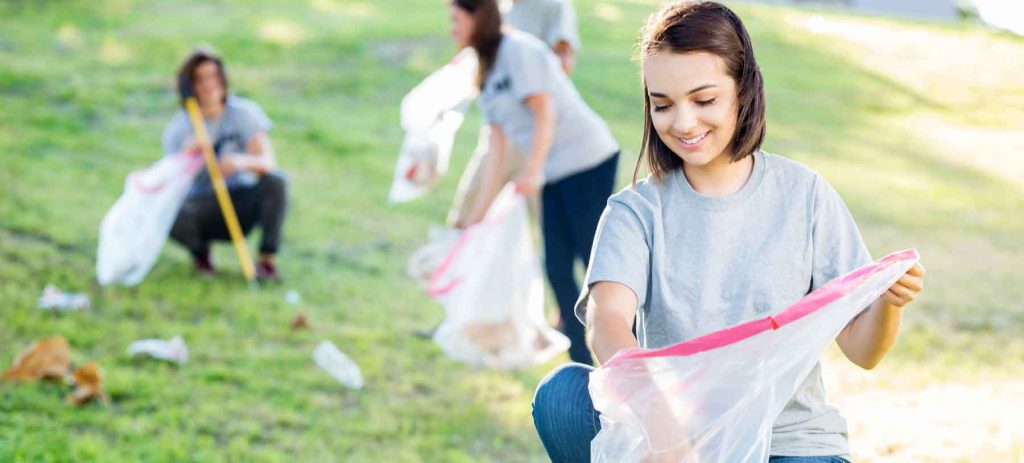
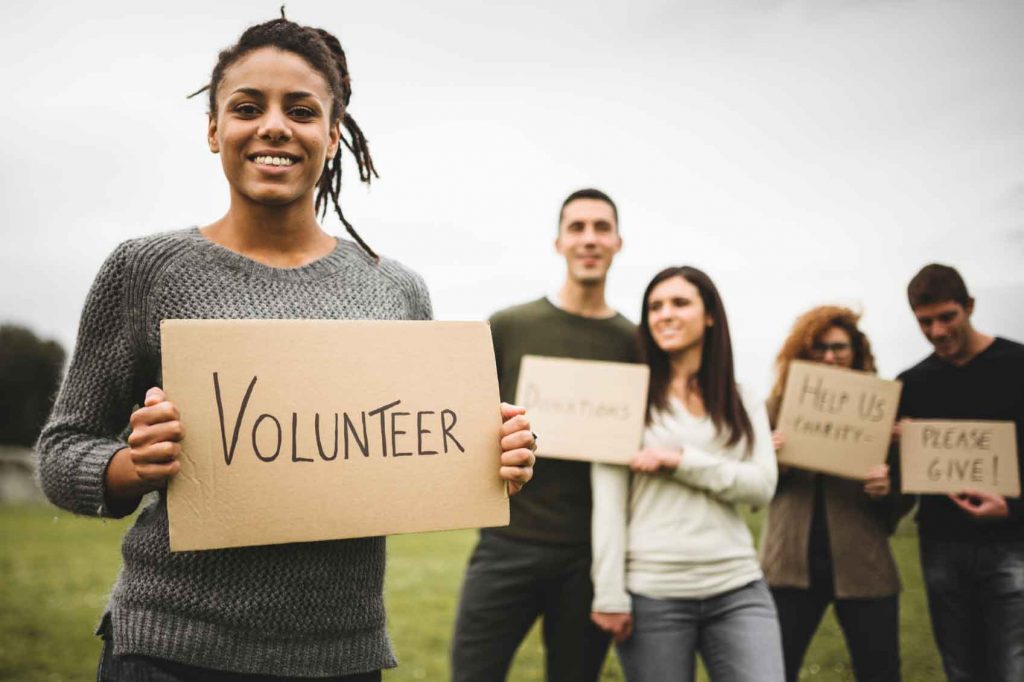

- Dryden Kitchen Cupboard’s Weekend Backpack Program
- The Salvation Army’s Adopt-A-Family, Kettle Bell Ringing and Soup Kitchen Programs
- The Annual Fillmore Auto Show & Flea Market
- Howd Nursing Home
- Loaves and Fishes
- Dryden Beautification Brigade
- Montgomery Park Playground Project
